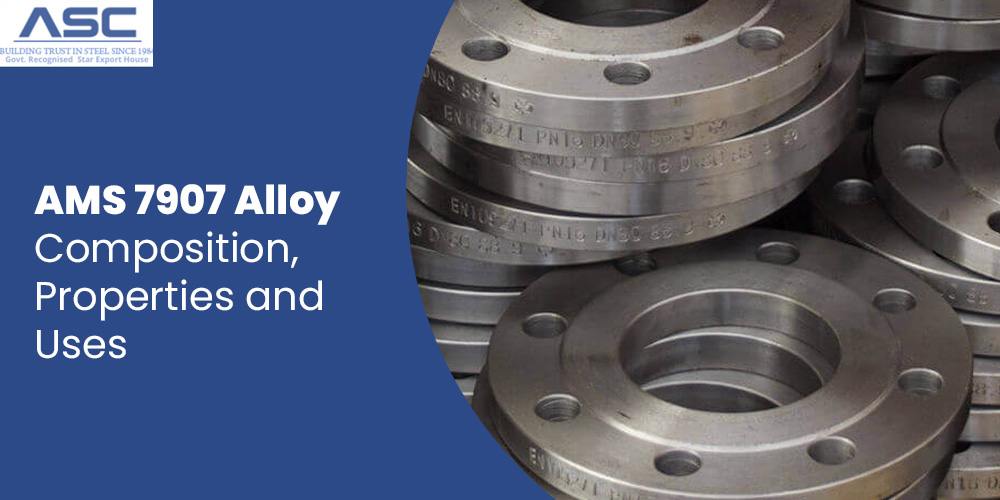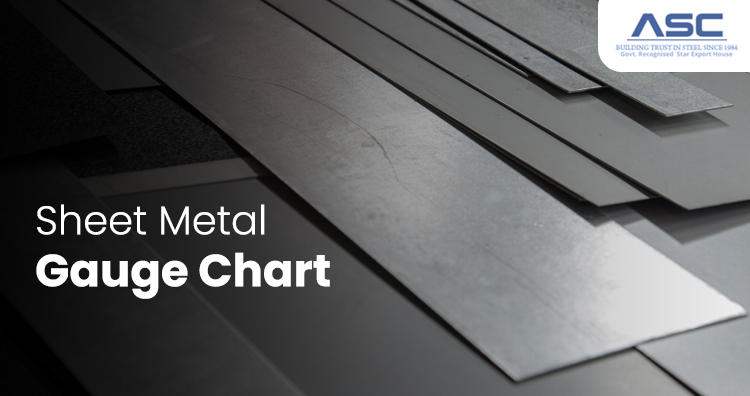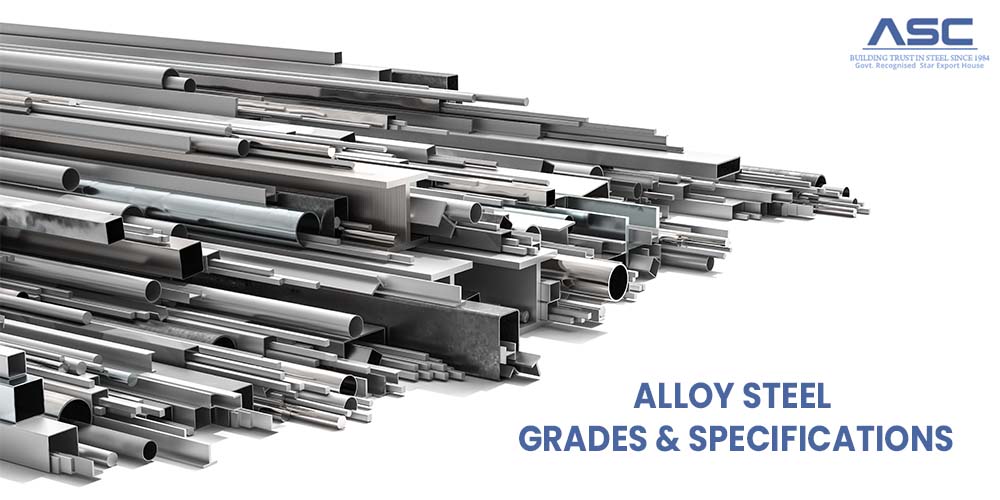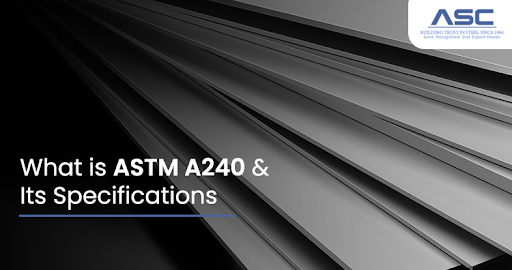AMS 7907 Alloy - Composition, Properties and Uses
by AMC
Posted on August 14, 2023 at 05:59 PM

If you work in the aerospace or defense industry, you've likely come across AMS 7907. This material finds common usage in the manufacture of high-performance engine components, bearings, and turbine blades. But what exactly is AMS 7907? This blog post aims to provide a comprehensive guide to AMS 7907, covering its composition, physical and mechanical properties, and applications. So, let's delve into it!
Composition of AMS 7907
AMS 7907 is a nickel alloy known for its high strength and corrosion resistance. Its primary constituents are nickel, chromium, and molybdenum. In addition to these core elements, the alloy contains trace amounts of iron, columbium, cobalt, and titanium. Stringent control over the chemical composition of AMS 7907 ensures consistent quality and properties.
Physical Properties of AMS 7907
AMS 7907 boasts exceptional resistance to corrosion, oxidation, and high-temperature environments. It possesses a density of 8.3 g/cm³ and a melting point of 1390°C. Compared to other nickel-based alloys, AMS 7907 exhibits a relatively low thermal expansion coefficient, making it an ideal choice for high-temperature applications.
Mechanical Properties of AMS 7907
AMS 7907 stands out for its outstanding mechanical properties, including high tensile strength, yield strength, and fatigue resistance. At room temperature, the alloy possesses a tensile strength of 1310 MPa and a yield strength of 1100 MPa. Its fatigue strength is equally impressive, boasting a fatigue limit of 520 MPa at 117°C.
Applications of AMS 7907
In the aerospace and defense sector, AMS 7907 finds widespread application in the production of engine components, bearings, gas turbine blades, and other high-performance parts requiring exceptional strength, corrosion resistance, and temperature stability. Moreover, the alloy plays a pivotal role in the chemical processing, petrochemical, and power generation industries, where it serves in components subjected to corrosive and high-temperature environments.
Hardness of AMS 7907
Due to its elevated nickel and chromium content, AMS 7907 exhibits a notably high hardness level. This hardness can be further enhanced through various heat treatment processes, such as solution annealing and precipitation strengthening. Typically, AMS 7907 is supplied in the annealed condition, featuring a hardness of approximately 200 HB.
Heat Treatment of AMS 7907
AMS 7907 lends itself well to heat treatment for bolstering its strength and hardness. The process usually commences with solution annealing, wherein the material is heated to around 1050°C and subsequently quenched in water or oil. Following this, precipitation hardening is employed to further elevate the alloy's strength and hardness, involving heating the material to around 750°C and then cooling it.
In Conclusion
In summary, AMS 7907 emerges as a high-performance nickel-based alloy endowed with exceptional mechanical and physical attributes. Its remarkable resistance to corrosion and temperature fluctuations renders it an ideal choice for applications in the aerospace, defense, chemical processing, petrochemical, and power generation industries. Furthermore, the alloy's capacity for strengthening and hardening through heat treatment makes it a versatile solution tailored to meet specific application demands.

Sheet Metal Gauge Chart
When working with sheet metal, the term "gauge" is commonly used to describe the thickness or thickness range of the material.

